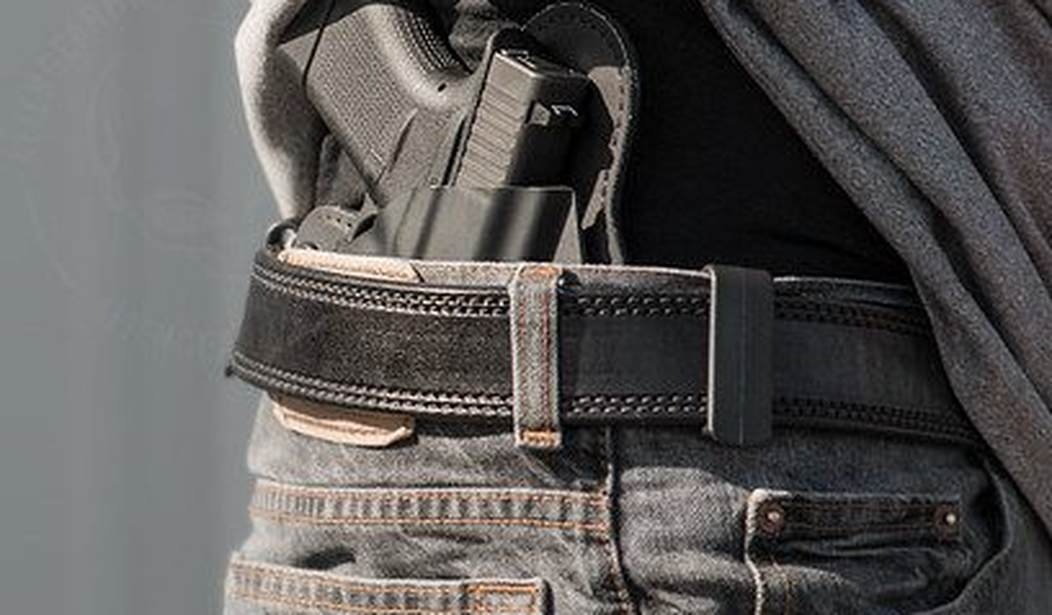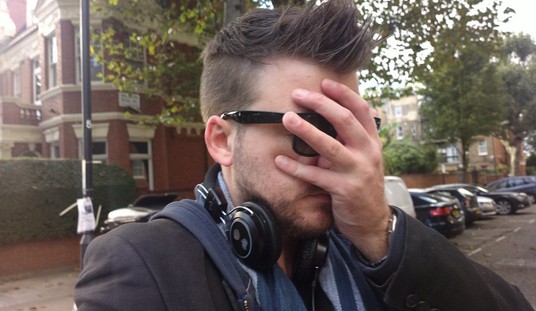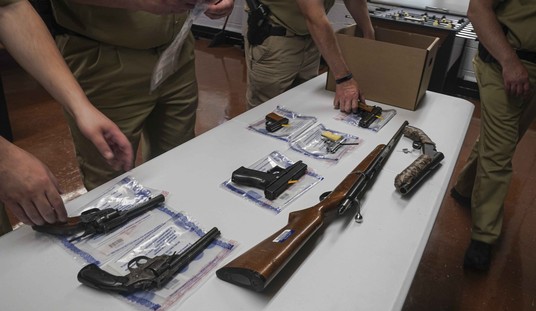The topic of the age of minority versus the age of majority is one riddled with what’s been convenient to the federal government. Dating back to the first draft of the Selective Service, the age of majority was considered 21. That is until there were not enough men of age to fight during WWII. So, they lowered the age to 18. The age to buy a pistol was set to 21 in 1968. Shortly thereafter, Congress saw to lowering the age to vote from 21 to 18. A Second Amendment Foundation and Firearms Policy Coalition-led case involving a class of lost adults, 18 to 20-year-olds, received a positive opinion in January from the Third Circuit Court of Appeals. The anti-liberty forces defending an awful Pennsylvania law sought an en banc review, and the court said, “No.”
The Third U.S. Circuit Court of Appeals has denied a petition for a rehearing in the Second Amendment Foundation’s victory in a case challenging Pennsylvania statutes that prohibit law-abiding young adults from carrying firearms for self-defense and prevents them from acquiring a state license to carry (LTCF) because of their age. The case is known as Lara v. Evanchick.
The petition for an en banc rehearing had been filed by attorneys representing the Commissioner of the Pennsylvania State Police. SAF is joined in the case by the Firearms Policy Coalition and three private citizens, including Madison M. Lara, for whom the case is named. They are represented by attorneys David H. Thompson, Peter A. Patterson and John D. Ohlendorf at Cooper & Kirk, Washington, D.C.
The original conflict had to do with a strange prohibition on the open carry of firearms without a carry permit during a so-called “state of emergency.” I say that because the Pennsylvania political ruling class has called the opioid epidemic cause for a state of emergency, and we all really know such decrees were put in place for political pandering and subversion of rights. The litigation also had to do with the Keystone State’s strict transportation of firearms restrictions.
Pennsylvania law generally allows for individuals over the age of 18 years-old to openly carry firearms without a License to Carry Firearms (LTCF). However, the law provides for extremely limited transportation of firearms absent a LTCF – allowing an individual to take an unloaded firearm from their home to only certain locations. As a result, people without LTCFs may not take an unloaded firearm from their home to most locations in order to then openly carry for self defense. To compound the issue further, the law does not allow for an individual under the age of 21 to apply for a LTCF.
As a result, Young Adults (ages 18-20-years-old) are unable to acquire licenses and are barred from exercising their right to bear arms outside the home. The Second Amendment’s plain text, as informed by this nation’s history and tradition, reveals that prohibiting the bearing of arms by Young Adults is constitutionally impermissible. There were no colonial or founding era laws that restricted the rights of Young Adults to keep and carry arms.
The January opinion laid to rest whether or not lost adults were part of the people. “The words ‘the people’ in the Second Amendment presumptively encompass all adult Americans, including 18-to-20-year-olds, and we are aware of no founding-era law that supports disarming people in that age group. Accordingly, we will reverse and remand.” There was a dissenting judge on the three-judge panel and they made some weak tea arguments about young adults not being part of the people.
Defendants’ request for an en banc hearing with a full panel of judges at the Third Circuit was denied.
“We’re satisfied with the court’s decision,” said SAF founder and Executive Vice President Alan M. Gottlieb. “It’s an important win. The Third Circuit has affirmed that the Second Amendment applies to young adults, and that 1791 is the historical marker for understanding the right to keep and bear arms. Finally, the court has said 18-to-20-year-olds can open carry during a state of emergency in Pennsylvania.”
“We’ve been fighting this battle for more than three years,” noted SAF Executive Director Adam Kraut, who is a Pennsylvania resident and practicing attorney in the state. “The court’s decision is an important step forward to getting this issue resolved.”
What’s the State of Pennsylvania going to do next? Will they appeal to the Supreme Court or deal with what may come to them via the remand? It’s difficult to say. I imagine there would be pressure from other jurisdictions for them drop their challenge to the ruling, as it would put this class of laws in jeopardy nationwide.
What’s not apparent at this time is if the prohibition on open carry during a state of emergency is only enjoined for 18 to 20-year-olds, or the entire population. This class of young adults is named as the parties the law is enjoined from being enforced against, and not all of the people. Considering the topic, if said prohibition remained for the “ultra majority,” those over 21, a challenge to the statute would probably bring the injured relief swiftly.
Work is getting done across the nation on repatriating young adults with their rights. This case set the stage in addressing the lack of mootness in a meaningful way. The opinion also, more importantly, recognized 18 to 20-year-olds as being part of the people.








Join the conversation as a VIP Member